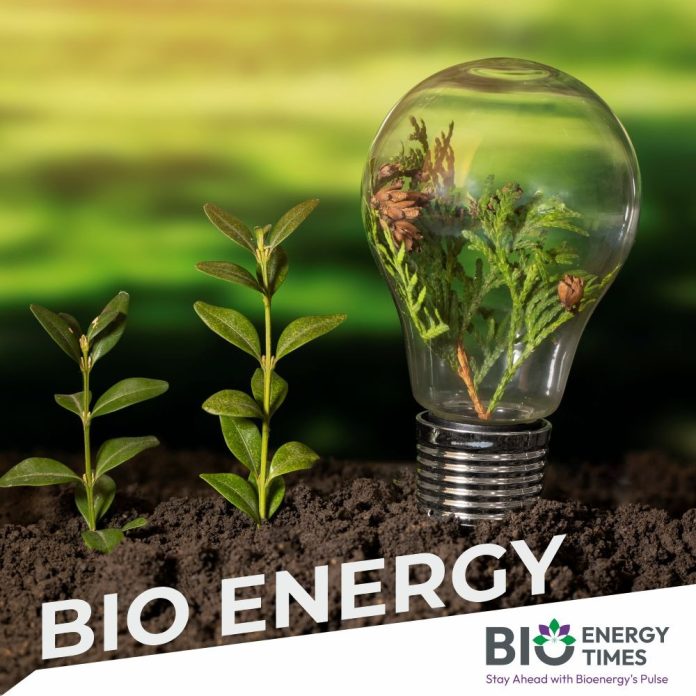New Delhi: The Ministry of New and Renewable Energy (MNRE) is currently in discussions with the Department of Expenditure (DoE) under the Finance Ministry to fast-track the release of ₹857 crore for the second phase of the National Bioenergy Programme (NBP), MNRE Secretary Santosh Kumar Sarangi said on Friday, reports The Economic Times.
Speaking at the BBB Summit, Sarangi highlighted that the NBP—launched in November 2022 with a total allocation of ₹1,700 crore—is focused on promoting projects in waste-to-energy, biomass, and biogas sectors. Phase I of the programme received ₹858 crore in funding, and a similar amount is expected for Phase II.
The scheme has supported numerous briquetting and pelletisation plants, along with projects involved in the production of Compressed Bio Gas (CBG). “We’ve supported briquette and pellet projects with a combined capacity of around 400 tonnes,” said Sarangi. He added that delays in disbursing funds earlier were due to issues in the scheme’s guidelines, which have now been resolved in consultation with the DoE.
The government is also encouraging the productive use of various bio-waste materials such as agricultural residue, animal dung, sugarcane bagasse, and municipal solid waste. These are being processed for advanced applications, including the production of green hydrogen, methanol, and syngas.
To streamline project applications, MNRE has launched the ‘Bio-Urja’ portal—a single-window platform for applicants under the ministry’s bioenergy initiatives. Sarangi noted that the portal is expected to enhance transparency and efficiency in project approvals.
The ministry is also pushing forward its “Biomass-to-Green Hydrogen” initiative under the National Green Hydrogen Mission, with seven research and development projects already sanctioned to assess the feasibility of green hydrogen generation using biomass.
While the biofuel industry is still emerging compared to solar and wind sectors, Sarangi acknowledged that challenges persist—including gaps in feedstock logistics, financing, and regulatory coordination. These, he said, will require sustained policy and industry collaboration to overcome.















